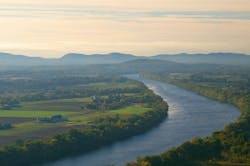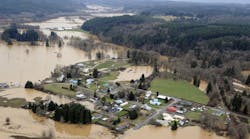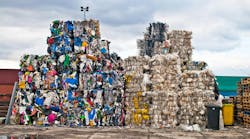$11,250 Awarded for Microplastics Study in Connecticut River Watershed
The Connecticut River Conservancy has been awarded $11,250.
The money will be used to fund a study looking at microplastics in the Connecticut River watershed. This is part of a recent round of grants from the Baker-Polito administration, reported Amherst Bulletin.
The aim of the study is to better understand the presence, composition or sources of microplastics in Massachusetts rivers. The Connecticut River Conservancy’s project will have multiple opportunities for public outreach and engagement and even expansion to other watersheds in Massachusetts.
“While this has been done in oceans, this is the first time in Massachusetts we’re really looking at an inland water body,” said state Undersecretary of Environment Affairs Daniel Sieger in a statement about the grant award. “This will continue to protect the Connecticut River as a resource for everyone.”
The project is partially funded by the Conservation Law Foundation and the Massachusetts Environmental Trust through money collected from sales of three environmentally themed specialty license plates: the Right Whale and Roseate Terns Plate, the Leaping Brook Trout Plate and the Black stone Valley Mill Plate, according to Amherst Bulletin.
According to Sieger, the Connecticut River Conservancy may work with citizens, students or other groups to take samples from the river for analysis.
Andy Fisk, executive director of the Connecticut River Conservancy, said the organization is currently building the design plan for the study, which includes determining where to take samples from.
“The study will help understand how to solve pollution problems as far upstream as we can,” said Fisk.
The study will also provide further baseline information to answer questions about the effect of pollution and microplastics that remain when plastic bags and bottles degrade. According to Fisk, to ultimately stop pollution, we need to improve storm drain infrastructure, stop littering and replace plastics with better products.


